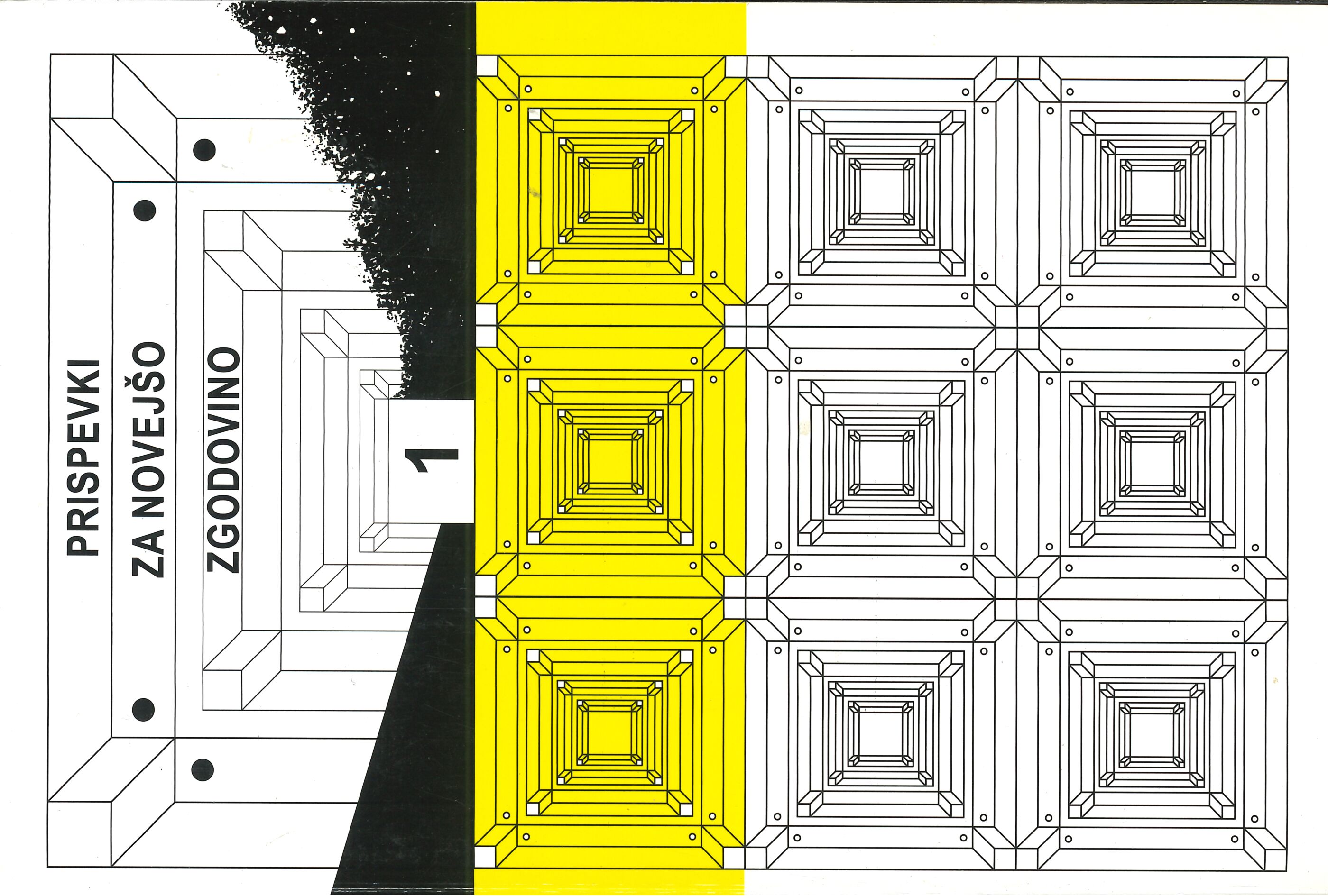Vprašanje domoljubja na Slovenskem v času Kraljevine Srbov, Hrvatov in Slovencev/Jugoslavije 1918–1941
Keywords:
State of SHS, Kingdom of SHS/Yugoslavia, Slovenianism, Yugoslavism, patriotism, autonomism, unitarianismAbstract
THE QUESTION OF PATRIOTISM IN SLOVENIA IN THE TIME OF THE KINGDOM OF SERBS, CROATS AND SLOVENES / YUGOSLAVIA 1918–1941
In the First Yugoslavia the understanding of the values of patriotism at the intersection of Slovenianism and Yugoslavism divided the Slovenian politics with regard to the extremely important national question into two strictly separate sides. The first, most visibly represented by the liberal politics, argued for the Yugoslav unitarian and centralist viewpoint. Despite individual assurances about the observance of the Slovenian cultural tradition it expressed the renunciation of the Slovenian patriotic feelings, which it replaced with Yugoslav patriotism. The other side supported the autonomist-federalist standpoint. On the basis of a resolute defence of the Slovenian national individuality it demanded a federal transformation of the Yugoslav state and establishment of an administratively united and autonomous Slovenia with its own parliament and government. The most prominent representative of the Slovenian autonomist-federalist patriotic viewpoint was the strongest Slovenian party – the Catholic Slovenian People's Party. When World War II engulfed Slovenia, the circumstances of the perception of the patriotic consciousness changed drastically. Its character and significance were now defined by the war and characterised by the ethnocidal occupation and multi-layered Slovenian actions.
Downloads
Published
Issue
Section
License
Authors who publish with this journal agree to the following terms:
- Authors retain copyright and grant the journal right of first publication with the work simultaneously licensed under a Creative Commons Attribution License that allows others to share the work with an acknowledgement of the work's authorship and initial publication in this journal.
- Authors are able to enter into separate, additional contractual arrangements for the non-exclusive distribution of the journal's published version of the work (e.g., post it to an institutional repository or publish it in a book), with an acknowledgement of its initial publication in this journal.
- Authors are permitted and encouraged to post their work online (e.g., in institutional repositories or on their website) prior to and during the submission process, as it can lead to productive exchanges, as well as earlier and greater citation of published work (See The Effect of Open Access).


